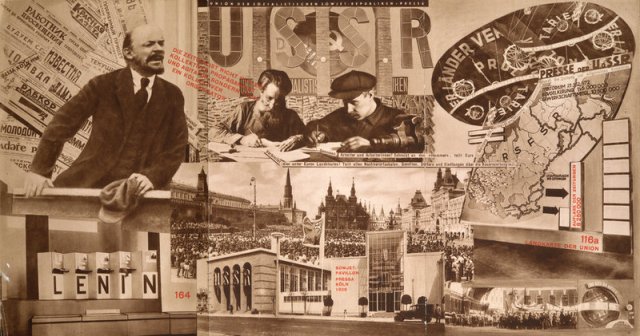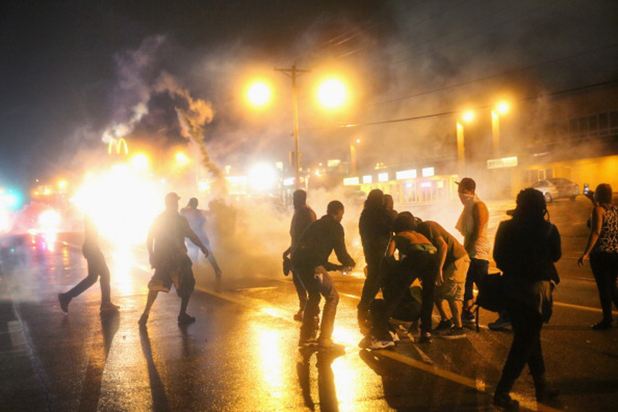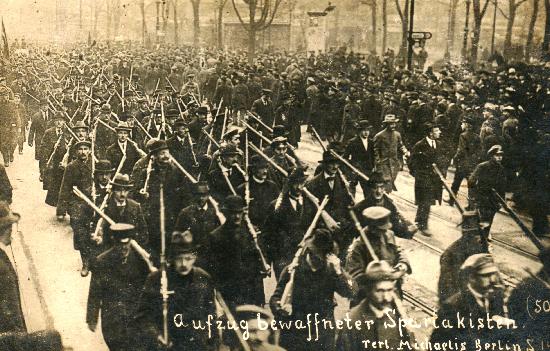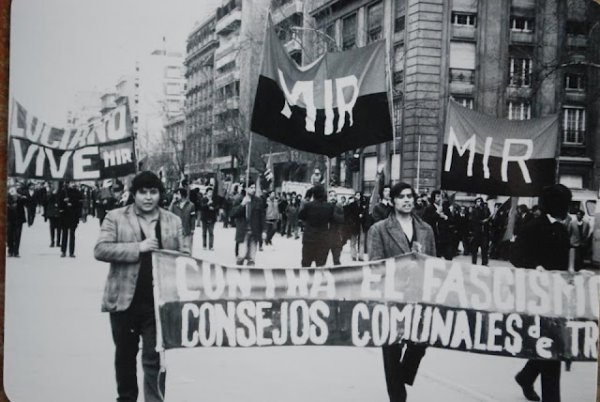
“The life of a man, solitary, poor, nasty, brutish, and short” (Hobbes; Chpt. XVIII, Ln. 30)
“The thing that is common to all these people, whether it is Pétain mournfully preaching ‘the discipline of defeat’, or Sorel denouncing liberalism, or Berdyaev shaking his head over the Russian Revolution, or ‘Beachcomber’ delivering side-kicks at Beveridge in the Express, or Huxley advocating non-resistance behind the guns of the American Fleet, is their refusal to believe that human society can be fundamentally improved. Man is non-perfectible, merely political changes can effect nothing, progress is an illusion. The connexion between this belief and political reaction is, of course, obvious. Other-worldliness is the best alibi a rich man can have. ‘Men cannot be made better by act of Parliament; therefore I may as well go on drawing my dividends.’ No one puts it quite so coarsely as that, but the thought of all these people is along those lines: even of those who, like Michael Roberts and Hulme himself, admit that a little, just a little, improvement in earthly society may be thinkable.” – George Orwell, December 4, 1943
The Shadow is Cast: #Accelerationism, the ‘Dark Enlightenment’ , and the Legacy of TINA
Thomas Hobbes, writing the Leviathan in opposition to the English Revolution, sought out to counter what had ultimately become the final push for the transition of the socio-economic order of feudalism to ultimately the new mode of production; capitalism. In the Leviathan, Hobbes constructs an opposition to the nominally democratic narrative of the rising bourgeoisie to a rhetoric that changes itself to the shifting material conditions, coming out as one of the most fervent counter-revolutionaries, or reactionaries, of capitalist ideological history. Following suit to the tradition of reactionary activity in opposition to growing emancipatory movements, today we as well see a slowly growing neo – reactionary movement on what is beginning to appear as more or less as a reaction to the cusp of neoliberal collapse or instability. Whether neoliberalism will collapse or not, is not the question, but “when will another world appear?”, is what the emancipatory movements of the Arab Spring, the Squares Movement, OWS, BDS, anti-austerity leftism, and Black Lives Matter pose for the sake of the oppressed’s survival. However, this neo-reactionary movement (NRx/ Dark Enlightenment) premises itself from the fomenting far-right movements of the past, from the intellectualism of eugenics to the social determinism of technological advancement will render humans useless through “accelerating” the self destruction of capitalism. This neoreacitonary movement, although pooling misfits from milieu’s of internet forums with a social-Darwinist bend, is becoming something more than just an intellectual interest of the future Goebbels reenactors or the next posturing nietzschean bickering on the internet of the futility of modern dating, but a spiteful collection of capitalist apologists bringing humanity to it’s knees before the ultimate Übermensch to strong-arm the forces of the market and retain the heirarchical character of this sociopathic system, even if this strongman is not man, but machine.
A collection of ideological arguments borrowed from the Marxist left, the Dark Enlightenment’s main thinker comes from across the pond with Continental philosopher and writer, Nick Land. Land, embodying the “common sense logic” of the apocalyptic implications of Capitalism’s “eternal” growth and concessions to Marx’s correct analysis of capitalisms self destructive tendency, presents an argument that opposes all forms of egalitarianism and universalism. Taking a direct opposition to the tradition of the enlightenment, we see Land through sci-fi narratives and cyber-punk motifs, create a manifesto of his own against the fostering egalitarian trends in the late 90’s and early 2000’s in the Dark Enlightenment. This movement, being cherished by bitter libertarians and white supremacists, is seen as the basic logic of the Darwinian apologism of capitalism that “only the fit survive” where AI eventually will devour humanity and that hierarchies constructed of bitcoin economies will prevail.
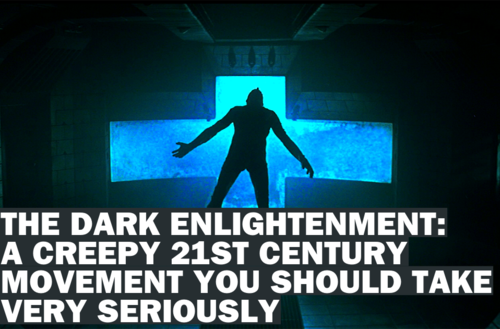
It is not surprising that the far-right of today would be drawn to Land’s open ended stance against egalitarianism and universal values. This is the basic logic that underlies capitalism, that although democratic values are espoused, they are rarely guaranteed by the ruling classes internationally that rule over capitalisms anarchic growth. Yet, like a conductor loosing control of a train crash, we see that the way white supremacists, neoreactionaries, fascists, and conservatives have in common, is that this is humanities final frontier, and whatever happens afterword is only a concern to what rights are guaranteed for my preferred ethnic or religious identity, or at least class position in tact. This absurdism, accepting the insufficient logic of capitalism as inevitable, pushes for capitalisms collapse and eventual anarchic reign of Murry Rothbard’s “libertarian” dream of investors and capitalists individually ruling over society with the capitalist market still in tact.
Land’s view is:
“For the hardcore neo-reactionaries, democracy is not merely doomed, it is doom itself. Fleeing it approaches an ultimate imperative… Predisposed, in any case, to perceive the politically awakened masses as a howling irrational mob, [neoreaction] conceives the dynamics of democratization as fundamentally degenerative: systematically consolidating and exacerbating private vices, resentments, and deficiencies until they reach the level of collective criminality and comprehensive social corruption. – The Dark Enlightenment; Part 1. Neo-reactionaries head for the Exit
Peter MacDougald, covering Land in his excellent piece, the Darkness before the Right, shows the pervasive attitude of numbness that Land’s politics relies upon in both forum and circles of the far-right. MacDougald describing their view of capitalism as a
“Brand of authoritarian capitalism [that] has a certain fascist sheen, but in truth it’s closer to a rigidly formalized capitalist technocracy. There’s no mass mobilization, totalitarian social reorganization, or cult of violence here; governing will be done by the governors, and popular sovereignty replaced by the market Mandate of Heaven. There is a strange sort of disillusioned cultural conservatism here as well, albeit one absolutely stripped of moralism. In fact, what’s genuinely creepy about it is the near-sociopathic lack of emotional attachment; it’s a sort of pure incentive-based functionalism, as if from the perspective of a computer or alien. If a person doesn’t produce quantifiable value, they are, objectively, not valuable. Everything else is sentimentality.”

Nick Land, author of The Dark Enlightenment
This feeling of a inactive existence with sentimental or emotional attachment has become a common motif amongst those that critique emancipatory politics to those who seek out individualistic terror activities such as mass shootings or racial intimidation. Acting as if the rational scientist at heart, todays neo-reactionaries bring back a similar mythos that has been present since capitalism’s athena like birth from the head of feudalism: the constant anxiety for superiority.
Continue reading →
